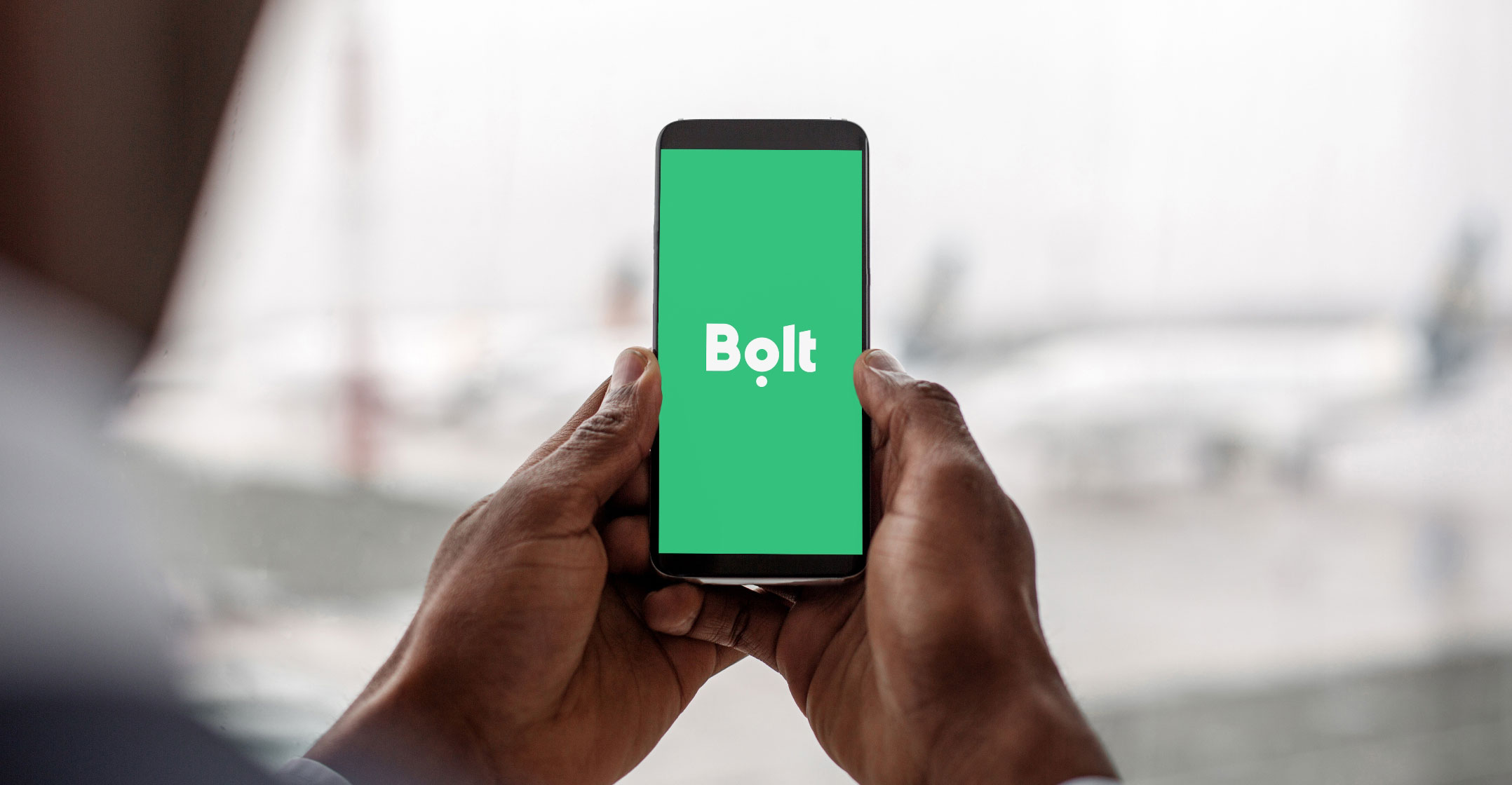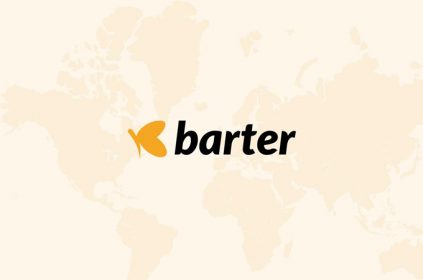Bolt, a ride-sharing and food delivery business, has ditched US market for Nigeria and other African markets.
The Estonian startup has revealed that it would only focus on African and European markets for now.
Bolt’s Chief Executive, Markus Villig said in an interview that the company does not have any plans of expanding in the American market.
It said, rather, it would be focusing on Europe and Africa for now.
According to him, both investors and tech companies now see markets from different perspectives.
“There’s been a fundamental shift in how investors and tech companies see the world.”
Villig, Bolt’s 27-year-old co-founder, added saying, “It’s very clear that you can build a huge company, hundreds of billions of valuation, without ever going to the U.S.”
ALSO READ: ICT Contributes N8.13tn To Nigeria’s GDP From January To September 2021
Bolt services:
Apart from ride-hailing and food delivery business, it also offers electric scooter rentals.
Like its rival, Uber that operates in 70 countries, the startup has its operations in 300 cities across 45 countries.
It also has more than 75 million customers.
Bolt has a value of $6 billion.
Why Bolt Targets Nigeria, other African markets for expansion:
The ride-hailing and food delivery company said Africa promises greater opportunity for its expansion.
It said the lack of transport infrastructure and a growing population make African markets attractive.
“The growth opportunity for us as a company is much bigger (in Africa) than what it would be in a developed country where everybody has cars and public transport is available,” Villig said.
Bolt launched into food delivery in 2019.
However, it said it plans to invest more to make its services more affordable.
The company also plans to add a bigger selection of restaurants to its list.
However, it said attaining this feat is capital intensive.
Villig said, “But this is a capital intensive sector, so it’s likely we are going to raise more funding in the future.”
It raised 600 million euros ($693.84 million) in August from investors such as Sequoia and G Squared.
How to use Bolt in Nigeria
Is the company Available in Nigeria
Bolt has been available in Nigeria.
As at April, Bolt has its presence in 24 Nigerian states after expanding to Umuahia and Abakaliki.
Other Nigerian states where Bolt is available are
Abia, Ebonyi, Lagos, Abuja, Port Harcourt, Owerri, Uyo, Calabar, Kano, Abeokuta, Enugu, Ibadan and Benin City.
Similarly, it launched its food delivery service globally in August 2019 and launched in Nairobi, Kenya in March 2021.
In a statement, Femi Akin-Laguda, Bolt Nigeria’s Country Manager , said thus:
“Our ride-hailing business is built on efficiency and easing mobility for riders while offering drivers a flexible opportunity to earn more income. Bolt is eager to bring this approach to food delivery and ensure that our partner restaurants benefit from our loyal customer base.”
He also said, “This is also a way for us to augment the earning opportunities for Nigerians by contributing to the gig economy. We will ensure that it is worthwhile for couriers on the platform like drivers have benefited from our ride-hailing platform,”
How to use Bolt in Nigeria:
- Download Bolt Food app;
- Open the app and choose your favourite dish(es) from the list of restaurants near you;
- Tell your courier where you would like them to leave your order (100% contactless);
- Confirm your order and pay;
- Track the whole process, from the kitchen right to your door (or wherever you asked your courier to leave your order);
- Enjoy your food!
Is Bolt Safe?
The ride hailing company said in a statement that it is safe to ride with Bolt.
It said, “driving with Bolt should be safe for anyone at any given time.”
“To ensure your well-being in medical or security emergencies, we have included an SOS button to the Bolt driver app.”
“In case of danger to you, your passenger or anyone else on the road, please do not hesitate to use it.”
How Do you make money on Bolt?
The company revealed that people can make money on Bolt.
It listed the following steps.
- It said knowledge of proper time management is one step.
- Other steps includes the following:
- Go online at the busiest times. It said a driver does not need to be online all the time to increase their earnings.
- Drivers can then accept all orders.
- Then turn on Back-to-Back rides.
- Stay updated.
- Be nice!
- Take a break.
Some people have asked if Bolt gives drivers a car.
Does Bolt give you a car?
Well, the startup gives its drivers a car for as low as N15, 000 weekly instalments.
So, drivers can get a car through Bolt’s Vehicle financing scheme.
For the first time, Bolt launched the Vehicle financing scheme in Nigeria to help drivers make more earnings.
How to become Bolt driver:
The company gives at least three steps to becoming Bolt driver.
All Bolt driver in Nigeria must meet a minimum age requirement and possess some valid documents.
Driver requirements:
Hold a valid driver’s license
Attend driver training for service quality and use of the Bolt driver application
A smartphone with GPS
A clean criminal record
Additional documents for Lagos: LASDRI Card, Driver Badge and LASRRA Card
Vehicle requirements:
A vehicle: manufactured in 2003 onwards, 4 doors, fully functional AC
Vehicle licence
Insurance certificate
Proof of ownership
Certificate of road-worthiness
AutoGenius Vehicle Inspection Report
Additional documents for Lagos: State Hackney Permit and a vehicle body tag for all routes.
After meeting the minimum requirements, you would need to register and Signe-up with the app.
Then, you would undergo some trainings.
How much do Bolt drivers make in a week?
For instance, in South Africa, the startup’s drivers make up to R8,000.00 per week.
But reports say that is slightly not what drivers make all the time.
Some drivers have said they make between R6,000.00 to R6,900.00 per week in Johannesburg.
But the company has maintained that Bolt Drivers earn more.
“Bolt drivers earn more thanks to lower commission rates.”
Implications:
With the company focusing on Nigeria and African market for expansion, it would empower more Africans.
It will also make more Nigerians earn more money.



















 and then
and then